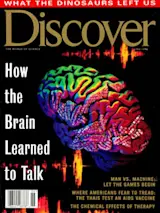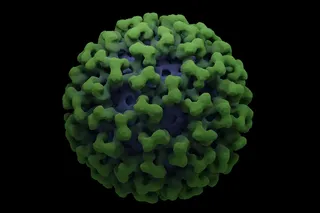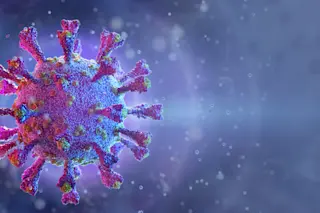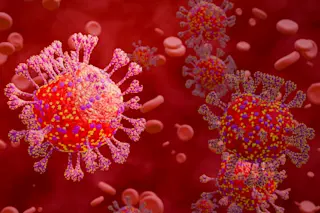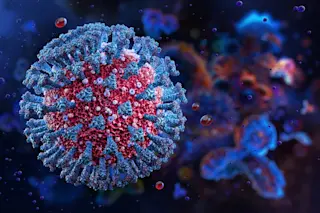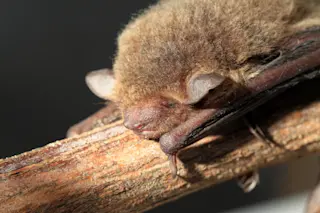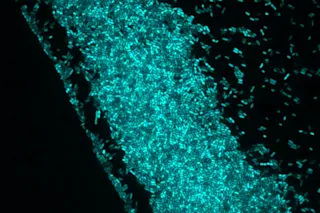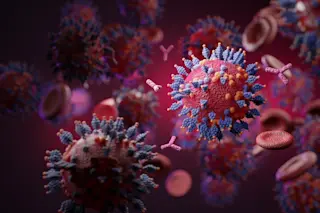When UCLA pediatrician Yvonne Bryson reported last year that an HIV-infected child in her care had somehow rid himself of the virus, skeptics said the boy had probably never been infected and that her early tests had been contaminated by a virus from some other source. But now a new and larger study of children exposed to HIV in the womb supports Bryson’s startling claim. Epidemiologist Marie-Louise Newell of London’s Institute of Child Health and her colleagues have identified six children who were born with the virus but who have apparently succeeded in somehow casting it out.
All babies born to HIV-positive women inherit maternal antibodies to the virus. Only some 15 to 25 percent, though, are actually infected with HIV--these will eventually develop AIDS and die. The other 75 to 85 percent lose the antibodies 9 to 18 months after birth. For these babies, a positive HIV-antibody test is not proof of infection. A more accurate approach is to look for fragments of the virus itself, using a technique called the polymerase chain reaction to seek out and duplicate viral genes, or to try to grow the virus in the lab from a blood sample.
Newell and her colleagues used both of these tests in their study of 264 children in Padua, Genoa, Brussels, and Stockholm. All the children were born to HIV-positive women, all carried HIV antibodies at birth, and all were tested for the virus itself. Among this group the researchers found six children who, shortly after birth, tested positive for the virus at least twice--but who later in life repeatedly tested negative. The oldest of these children is now ten, HIV-free, and healthy. The other five are also perfectly well and have normal immune responses to other infections.
How do the children do it? No one knows yet. Possibly they happened to be exposed to a low dose of HIV or to a weakened form of it, and maternal antibodies helped them fight it off; possibly they were simply blessed with a stronger immune response. In any case, Newell believes her work vindicates Bryson. We were to some extent frustrated with the response from the laboratory people who said, ‘It can’t happen and it won’t happen and it doesn’t happen, and let’s forget about it,’ she says. But I think it does happen and we need to know what it means, because potentially it’s important. If there’s a small group of people who know how to live with HIV, then we ought to look at them.


